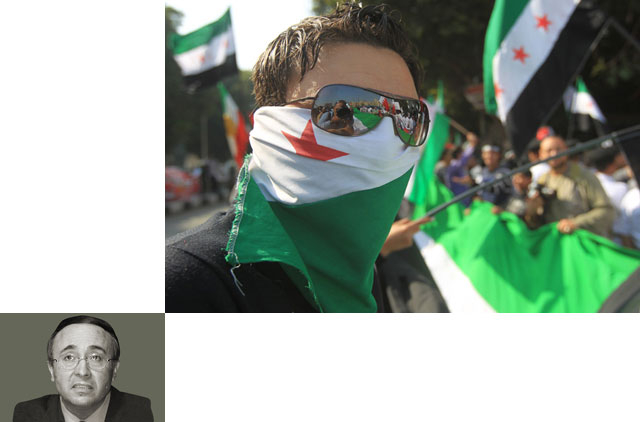Arab people have the full right to boast that they communicate and interact with each other socially much more than in other nations. They can also rightly say that they care more about their kith and kin than westerners, for instance. Unlike others, Arabs still share their sorrows and cheeriness with each other quite often.
When somebody dies in a certain Arab village, most of the inhabitants usually participate in the funeral in droves. When somebody has a wedding party the same happens. The villagers, in the hundreds, usually participate wholeheartedly in the singing and dancing as a token of socialisation.
Add to this, of course, the fact that Arab people, unlike westerners, for instance, usually get married to their relatives, and so they become much more closer socially. That is why news circulates amongst them ever so rapidly — in villages and even in cities.
In a nutshell, the residents of a certain Arab area always keep abreast of social and personal events taking place around them.
It is definitely quite important to keep in touch personally in this day and age when modern means of communication have almost replaced personal interaction. Mobile phones, satellite television and the internet have, no doubt, taken the place of social mingling in many societies, which has, in a way, destroyed traditional relations. And to be able to preserve the good old traditions of communication and social contact is definitely commendable as far as the Arabs are concerned.
Sadly though, this particular aspect of Arab culture seems, at the same time, to be highly negative, if not harmful, when it comes to building the new democratic state based on law and order.
Great harm
Just as social communication in the Arab world has a positive humanitarian aspect that the advanced world lacks, it has also hindered the democratic process, the democracy that transformed western nations into progressive, well-organised and well-regulated countries. Being closely related and socially active has done great harm to the objective of applying the rule of law in the Arab world, as vested interests misuse the good aspects of socialisation and a close-knit society.
I am sure a westerner would be very surprised, if not appalled, when he or she discovers that an Arab person can easily jump the queue in a hospital, for instance, even if one has just arrived, just because he or she knows the clerk responsible for admitting the patients to the doctor's clinic.
And if one happened to know the traffic police officer on patrol in some Arab countries, one can go unpunished on jumping the red light, no matter the risk of causing a horrible accident by such behaviour.
What is even worse is that a criminal can probably go unpunished for a long time because the individual has relatives in the local or regional police.
Once it so happened that a couple of police officers went to a certain house armed with an arrest warrant, but they turned back on discovering that the person to be arrested was a relative of one of them. They came back to their chief to say they did not find the wanted person.
Some people might not believe it, but in certain Arab countries, some Arab people can obtain a driving licence without even taking a test. They can easily get it just because they happen to be a relative or a close friend of the officer in charge at the police station.
Influence
I once saw somebody pass the driving test even though he made horrible mistakes, and another person failed, although he did well, just because he did not have the same influence.
Nepotism is, in actual fact, rife in many Arab administrative bodies. One can easily get his papers signed and certified if he or she happens to know the clerk or official in charge.
What is even funnier is that Arabs sometimes tend to vote on sectarian, tribal and social lines giving no thought to whether the candidate is qualified to take up the responsibility or not. The main thing is that the person who gets the votes is a relative, an acquaintance or a close friend, which is, of course, very bizarre indeed.
I would say yes to preserving good Arab social and family traditions, but I think it is time to reject bad practices which have kept Arabs in some countries in a state of horrible backwardness. It is of paramount importance to part ways with backward sectarian, tribal, and pernicious social habits, which never ever respected the rule of law.
It is quite sad that a close-knit society has bred all sorts of corruption amongst its people. And if Arabs keep going in the same direction, they will never build a democratic state based on law and order. They will end up a laughing stock in the eyes of other nations.
Let Arabs remember what Golda Meir, the late Israeli prime minister, once said: "I will fear the Arab people only when I see them get in the queue to get on the bus."
Dr Faisal Al Qasim is a Syrian journalist based in Doha.













